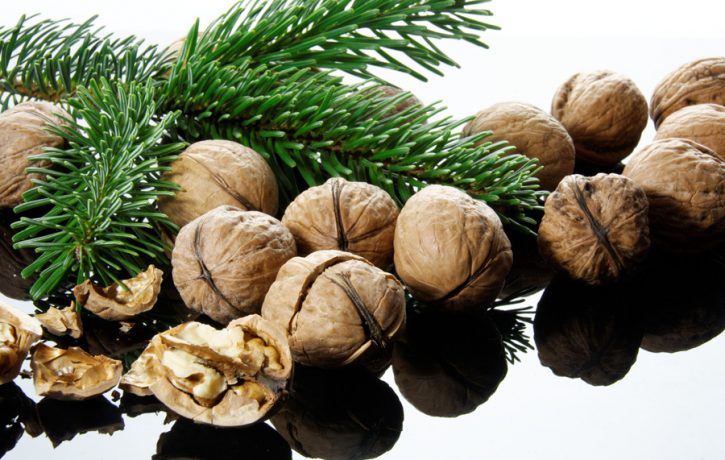in Nutrition
Don’t Crash for Christmas!

At this time of year, some people decide to go on a crash diet in order to ‘make room’ for the Christmas treats that will soon be everywhere and that are so hard to avoid. While it may seem like a good idea to lose weight now so that the impact of Christmas is not felt so much in January, I can only say: Don’t!
A crash diet is defined as “a weight-loss diet undertaken on an urgent, short-term basis with the aim of achieving very rapid results”, and herein lies the problem. Yes, you can lose weight fast on a diet that consists of nothing but, say, cabbage soup, or boiled eggs and pineapple, or low-calorie meal replacement shakes, or some other version of a very low-calorie diet. The problem is that low-calorie diets are extremely difficult to sustain and once you cave in and eat as you did before, all the weight you have lost will come back, plus more.
When we severely restrict our calorie intake, the message our body receives is: ‘There’s a famine.’ Consequently, the body downregulates our energy expenditure, i. e. starts to burn fewer calories. You will most likely lose weight, but this weight loss costs us not just fat, but also muscle. Having less muscle means that we can preserve more energy (calories), because muscle uses up energy even at rest. Losing it means that we won’t need as much food.
We now have a lower basal metabolic rate (BMR – or ‘resting metabolic rate RMR) than we started with, we’re in energy saving mode. Once we fall off the wagon – or Christmas comes along, which was why we were going to lose the weight in the first place – food is suddenly abundant, but our BMR is low. We don’t require as much energy as before, and the excess is put away as fat (not muscle!) in case there’s another ‘famine’.
This effect has been shown in a study conducted by the Canadian National Institute of Health earlier this year, which followed-up with contestants of the reality TV series “The Biggest Loser” (Season 8, 2009). In this show, a group of obese contestants signs up for a grueling 30-week diet and exercise programme, in which calorie intake is very low and expenditure very high. All contestants lost considerable amounts of weight, most of which was regained after 6 years. Body composition was worse than before, and all contestants’ metabolism had slowed down by any average of 500 kcal. Meaning: They would now have to eat 500 kcal less than before just to maintain their weight.
It is possible to lose weight without this effect, but not on a crash diet. It can be achieved by a permanent diet and lifestyle change, following a low-GL (low glycaemic load) diet and exercising. Weight loss is usually at a slow and steady pace of 1-2 lbs/week, but this way, we lose fat and not only preserve but build muscle, thus increasing the BMR/RMR.
A low-GL diet requires the restriction not of calories, but carbohydrate foods, such as anything sugary as well as bread, pasta, rice, cakes, biscuits, donuts, fruit and particularly sugary drinks such as fruit juices and fizzy drinks. Glucose – a component of not just sugar, but all carbohydrate foods – raises insulin. The more glucose we absorb from our diet, the higher our insulin levels. Insulin is the ‘fat storage hormone’, and excess glucose is converted into fat and stored away for a rainy day, usually around the middle or as ‘visceral fat’ around the organs. What’s worse: permanently high insulin levels don’t just make us fat, but also promote the development of diabetes.
Please don’t crash diet! Success is always short-lived and the price is high. Much better to learn how to eat a low-GL diet now and apply it as best you can over Christmas and beyond.
- Understanding Diabetes - 25th May 2018
- The Body Matters’ Nutritionist working with John Lawson - 5th April 2018
- Expect More than Weight Loss - 23rd March 2018
